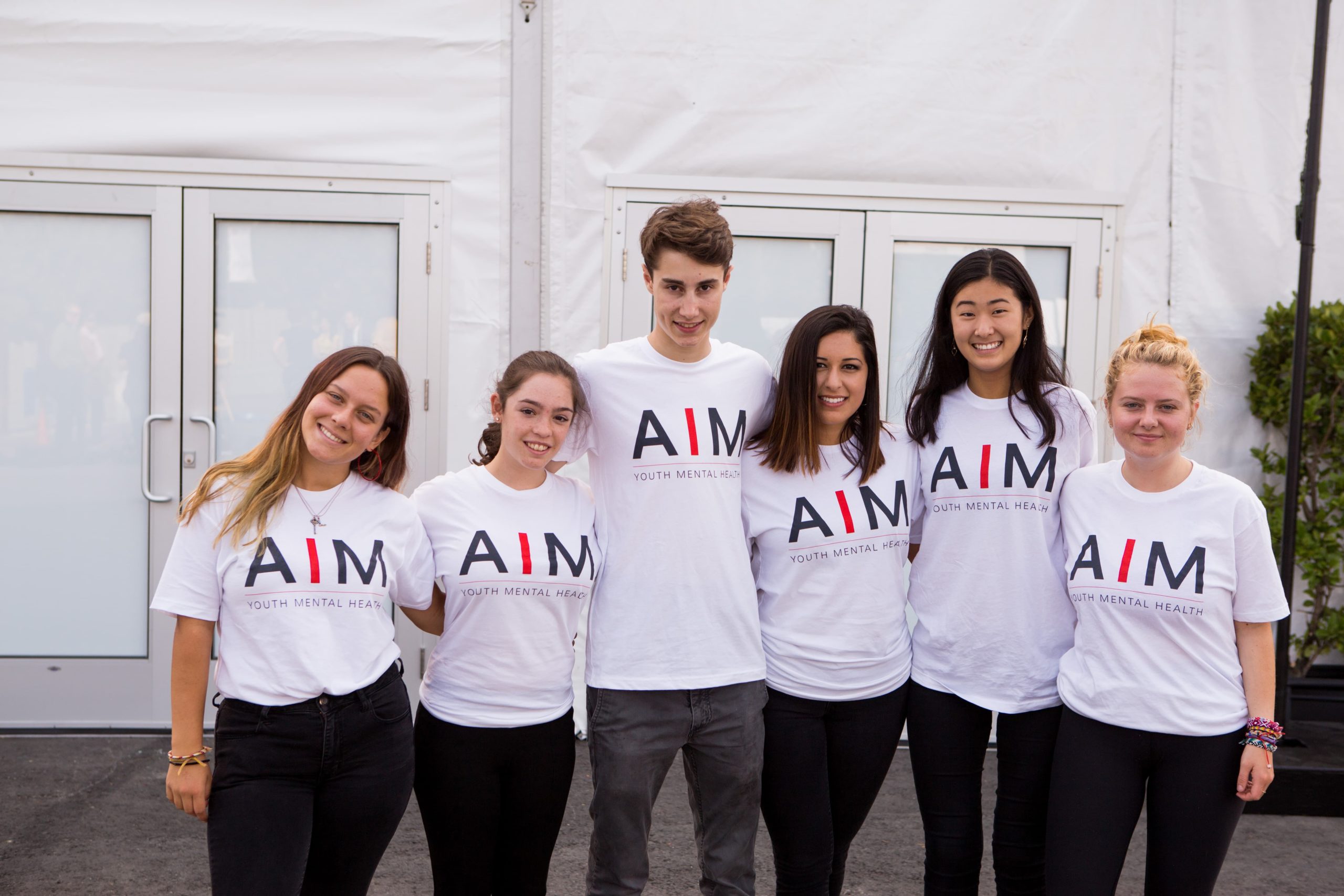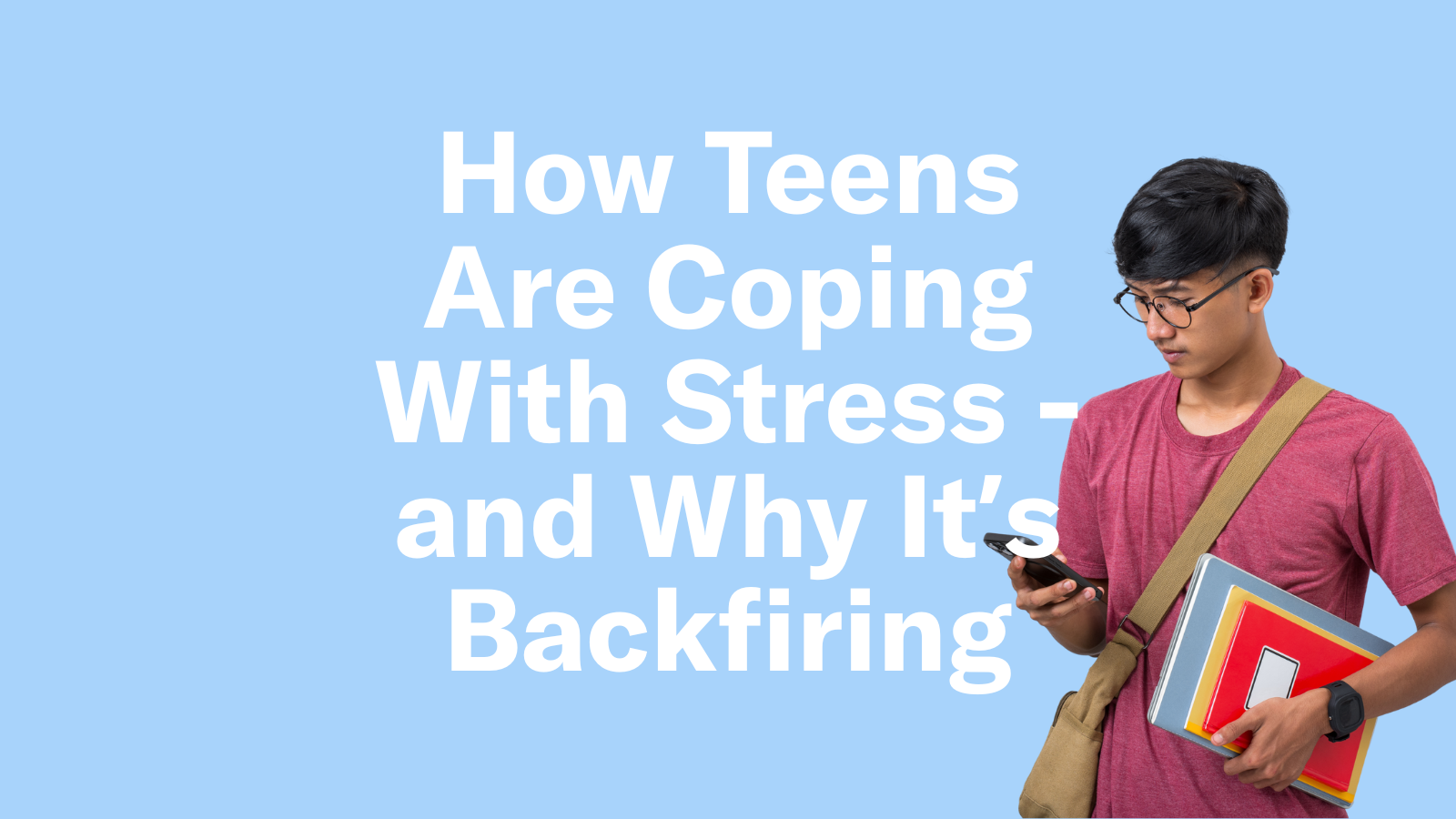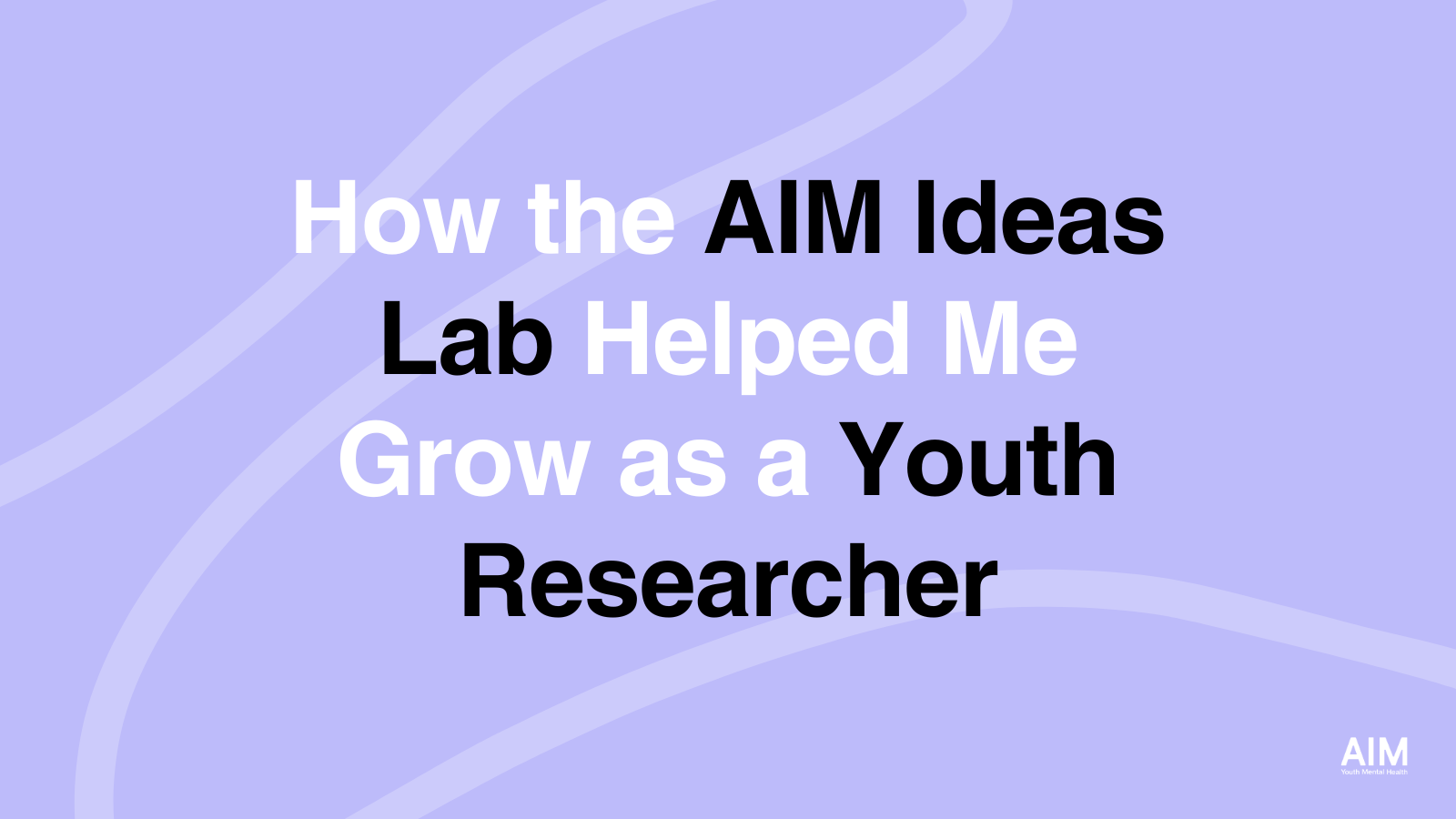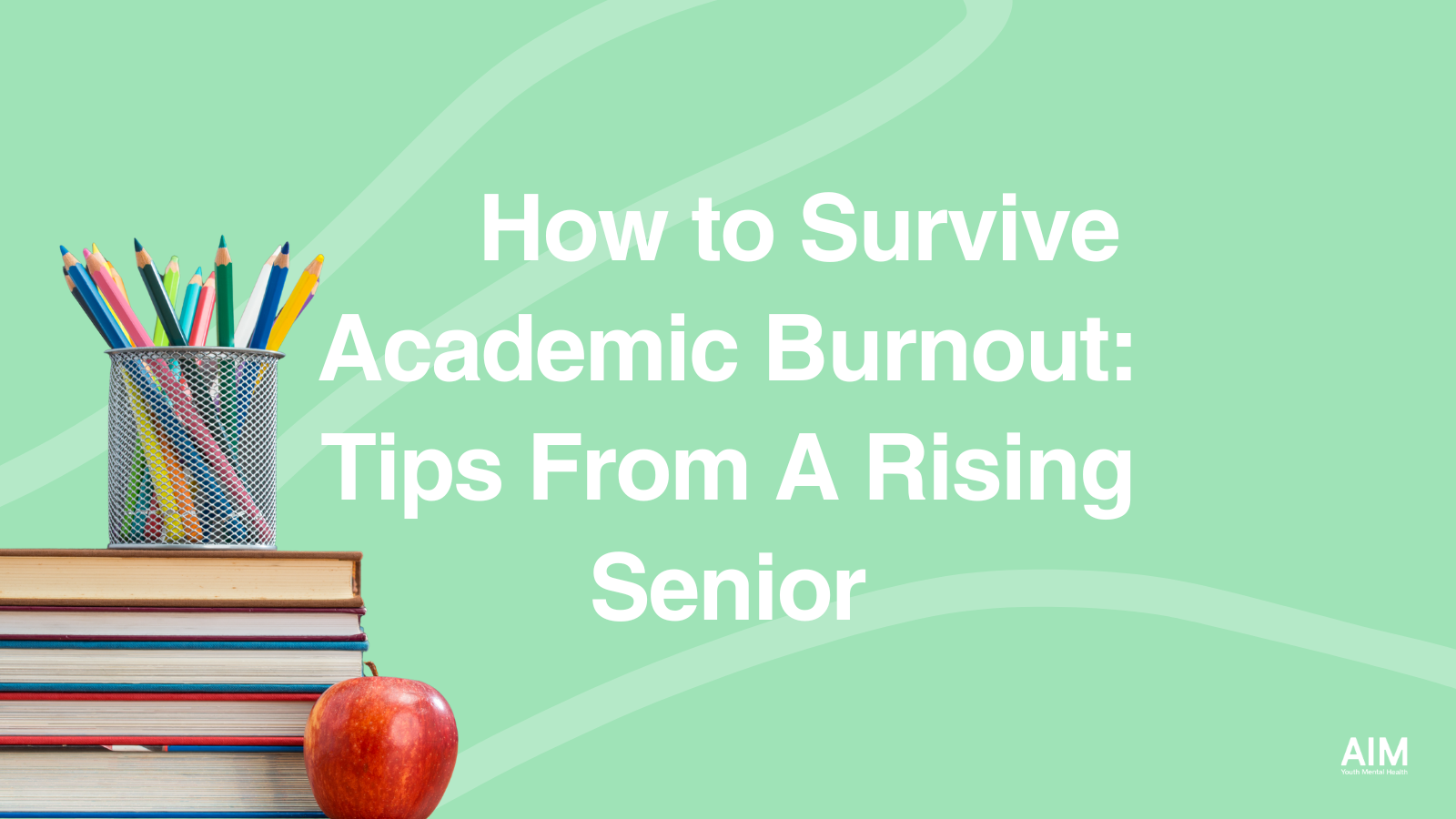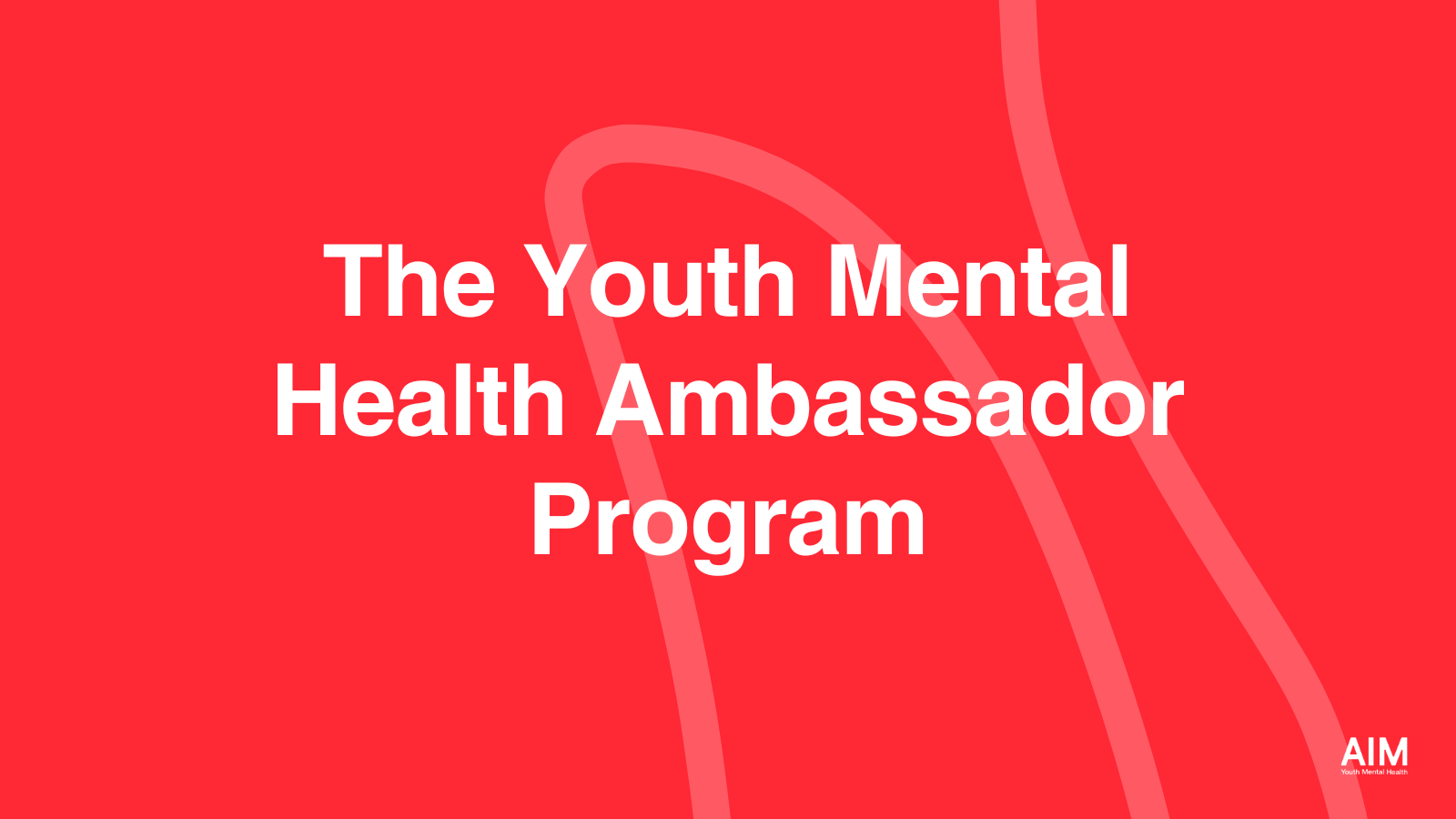By Olivia Schultheis
Every third Monday in January, the nation recognizes Dr. Martin Luther King, Jr. for his compassion and belief in the power of service. On this day, Americans are encouraged to provide meaningful change in their communities. Designated by Congress as the only national day of service, MLK Day is a “day on, not a day off.”
Although it may be tempting to lounge, and binge watch your favorite TV show; being of service and volunteering has been proven to have a direct impact on your mental health and wellbeing. Those who volunteered at least once a month, reported better mental health than participants who volunteered infrequently or not at all.
In 1957, Martin Luther King delivered the sermon “Conquering Self-Centeredness” outlining the negative effects of being self-centered. “An individual has not begun to live until he can rise above the narrow horizons of his particular individualistic concerns to the broader concerns of all humanity.” Dr. King went on to say that self-centeredness leads to frustration, disillusionment, and unhappiness.
On this day when we commemorate Dr. King, let us reflect on these inspiring words.
“One of the best ways to face this problem is to discover some cause and some purpose, some loyalty outside of yourself and give yourself to that something.”
 Volunteering can be a path to discovering something outside of you. It’s a form of social activity or social participation that increases well-being because it fosters a belief in the individual that he or she can make a difference. Being of service to something greater than yourself provides a sense of control over one’s life and one’s environment. Research shows volunteering can decrease mortality, improve life satisfaction, and create more ease around daily living activities.
Volunteering can be a path to discovering something outside of you. It’s a form of social activity or social participation that increases well-being because it fosters a belief in the individual that he or she can make a difference. Being of service to something greater than yourself provides a sense of control over one’s life and one’s environment. Research shows volunteering can decrease mortality, improve life satisfaction, and create more ease around daily living activities.
In the UK, researchers found that 16–24 year-olds were especially likely to benefit from volunteering because of the opportunity to build social connections and new skills. It is well-established that social integration and the quantity of one’s relationships, yields positive mental health effects. Social isolation, “the sense of not having anyone who ‘is someone to you’ and not being ‘someone to someone,’” can lead to depression.
People who work in emotionally and physically taxing jobs can gain from volunteering. A study done with pediatric intensive care unit nurses explored the experiences of volunteering at a camp for families of children with cancer. For the participants, volunteering help made them feel fulfilled, re-energized, and rejuvenated. It brought back their sense of purpose and provided the opportunity for self-reflection and a renewed sense of hope.
“This is the way to go through life,” said Dr. King, “with a balance, with the proper perspective because you’ve given yourself to something greater than self. Sometimes it’s friends, sometimes it’s family, sometimes it’s a great cause, it’s a great loyalty — but give yourself to that something and life becomes meaningful.”
Remembering Dr. King for his service to humanity can be an inspiration for us all to use this day to give back and volunteer. Our mental wellbeing will be better because of it.
